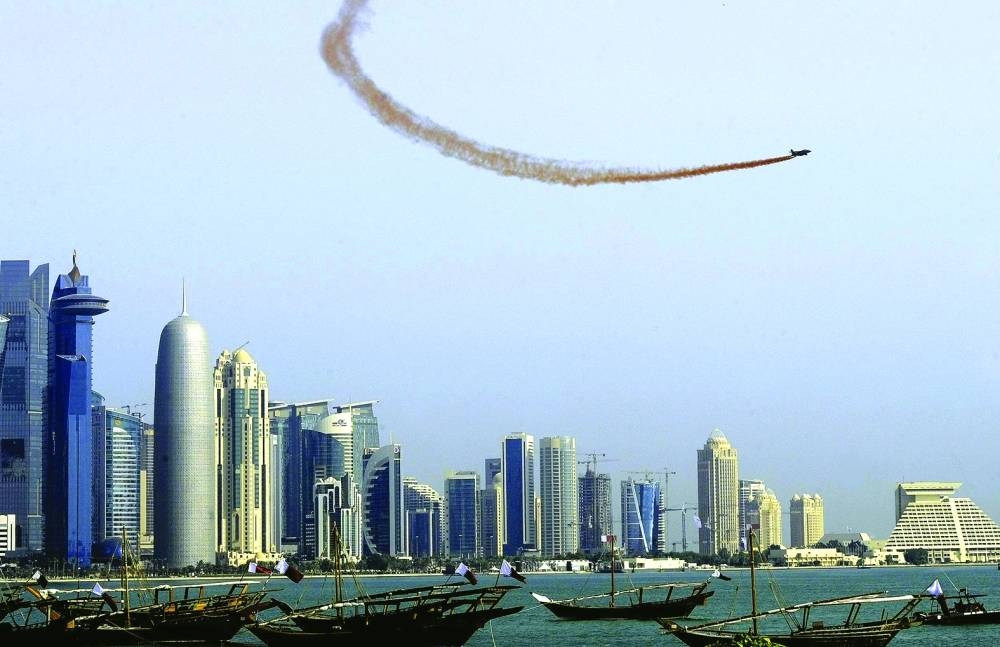Doha’s waste management market exhibits unique opportunities for growth in the remediation, treatment, and materials recovery areas, according to Investment Promotion Agency Qatar.
Moreover, Qatar is a "promising" hub for waste management in the wider Middle East and North Africa (Mena) region, Invest Qatar said in its presentation.
Qatar generates about 8mn metric tonnes of solid waste of which 48% is from the construction sector, followed by bulk waste (34%) and domestic waste (17%), it said.
Qatar’s integrated national solid waste management programme underpinned by Qatar National Vision 2030 and National Development Strategy II creates opportunities across the waste management value chain, it said, adding QNV 2030 aims to involve the private sector in waste management through appropriate PPP (public private partnership) modes.
The Gulf country launched the integrated national solid waste management programme during 2022 with a target of 95% diversion of waste from landfills and segregation of 75% of total waste at source, by 2030.
"Qatar offers significant opportunities to key players at each stage of the value chain with megatrends in waste management and technological advancements," Invest Qatar said.
Highlighting that distinct opportunities are clustered across the recycling, the report said Qatar’s current waste comprises approximately 5% metals – of which steel accounts for 70% and aluminium 30%.
Metal scrap in Qatar is generated through municipal solid waste (MSW), scrapping of end-of-life cars, and tire recycling, it said, adding 69,534 tonnes of metal scrap generated from MSW in Qatar.
Finding that Qatar has built essential infrastructure including nine waste management facilities, the report said a 1,500MT per day capacity is currently under development in Al Khor.
Qatar was the first country in the Gulf Co-operation Council (GCC) to implement a waste-to-energy program and currently generates more than 30MW of electricity from its domestic solid waste management centre (DSWMC) located at Mesaieed (Doha).
While DSWMC is equipped with sorting, recycling and incineration facilities, DSWMC currently does not recycle plastic waste, it said, adding the capacity of DSWMC is lower than the daily domestic waste generated in Qatar of by about 1,200MT.
The global market for waste-to-energy (WtE) technologies was valued at $35bn, proving Qatar as a pioneering and promising candidate for the WtE systems GCC market, the report said.
Invest Qatar said as much as 10mn tonnes of plastic waste and 9mn tonnes of metal waste are produced annually in the GCC and about $6bn per year is the GCC’s total market potential, which in turn has the potential to create about 50,000 new jobs in the region.
The report found that as much as 15% operating margins offer "unique" opportunities in e-waste, plastic recycling and packaging.


